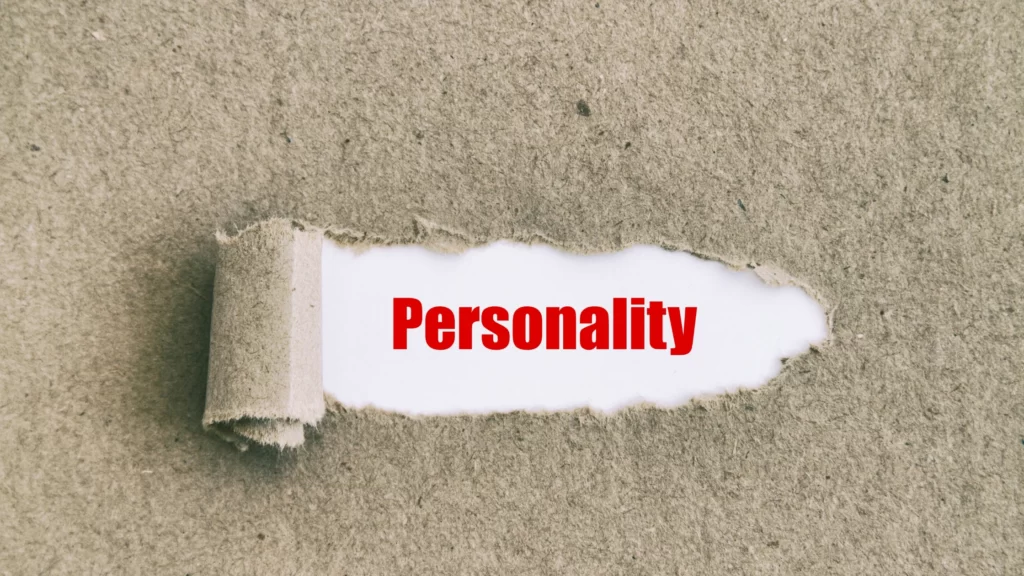Continuous improvement of work seems to be a pressure accompanying the development of modern society. In an increasingly dynamic and globalized business environment, businesses often have new plans.
What does job improvement do?
For example, developing new products and services, or simply updating and upgrading new techniques in production. Innovation always comes with new tasks, sometimes forming new departments, and new models.
Innovation/improvement is an increasingly urgent need when factors and values are less and less sustainable, people have higher requirements, or fundamentally change previous habits. Testing projects, and implementing new visions do not always go smoothly because when it comes to change, no one can be sure it will always bring success.
Not only from the project but also from the process
An enterprise begins to have improvement projects not only in terms of technology but also in the way of action, the operating process.
Sometimes it’s about adopting a new system. These things always need a period to test the correctness of the new orientation. And when you have the opportunity to participate in these new or improved projects, it is always a great experience.
Not necessarily with improvement and innovation projects, businesses will outsource.
They can take advantage of existing human resources if it meets new conditions or does not take too long to retrain. However, when the employee’s capacity does not meet the criteria needed for the change, outsourcing to supplement the amount of knowledge and skills is considered.
New skills
New knowledge skills at this stage are critical to the success of the innovation process.
And usually, the vacancies will always clearly state that they require mastering/mastering a certain skill or knowledge. When you meet this skill/knowledge, you can become a very important part of the transformation of the business. You can even become an in-house trainer for your business.
Assembling new knowledge skills to respond to external change has always been part of the corporate governance process, and when you have that knowledge or skill, your role becomes extremely important.
Improvement sometimes even comes from the smallest changes, not the great ones at the level of the company or enterprise.
It is not uncommon for a department to have new orientations that are more modern, trendy, and need fresher resources to implement ideas.
There will be functions that no human in the department can handle. Outsourcing is also not feasible because it is the confidential information or routine work. Department managers can completely propose to increase personnel to perform a new function.
There will always be risks
There are always risks involved in trying something new.
That is partly because not all innovations are as successful as mentioned above. When it doesn’t go as planned, it is possible to cancel the project, revert to the old way or find a different method altogether. And the individuals who are doing the work related to that innovation, if not allocated to another position or continued in another improvement project, will most likely become redundant resources of the enterprise. Karma.
So make sure you have more than one skill or knowledge.
Diversifying knowledge and skills in the field you pursue will always give you more opportunities than just specializing in a certain area. Because the world will always be moving and if you don’t evolve, keep and improve every little thing that you are best at, sooner or later you will be eliminated.





